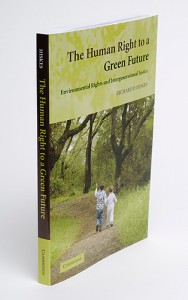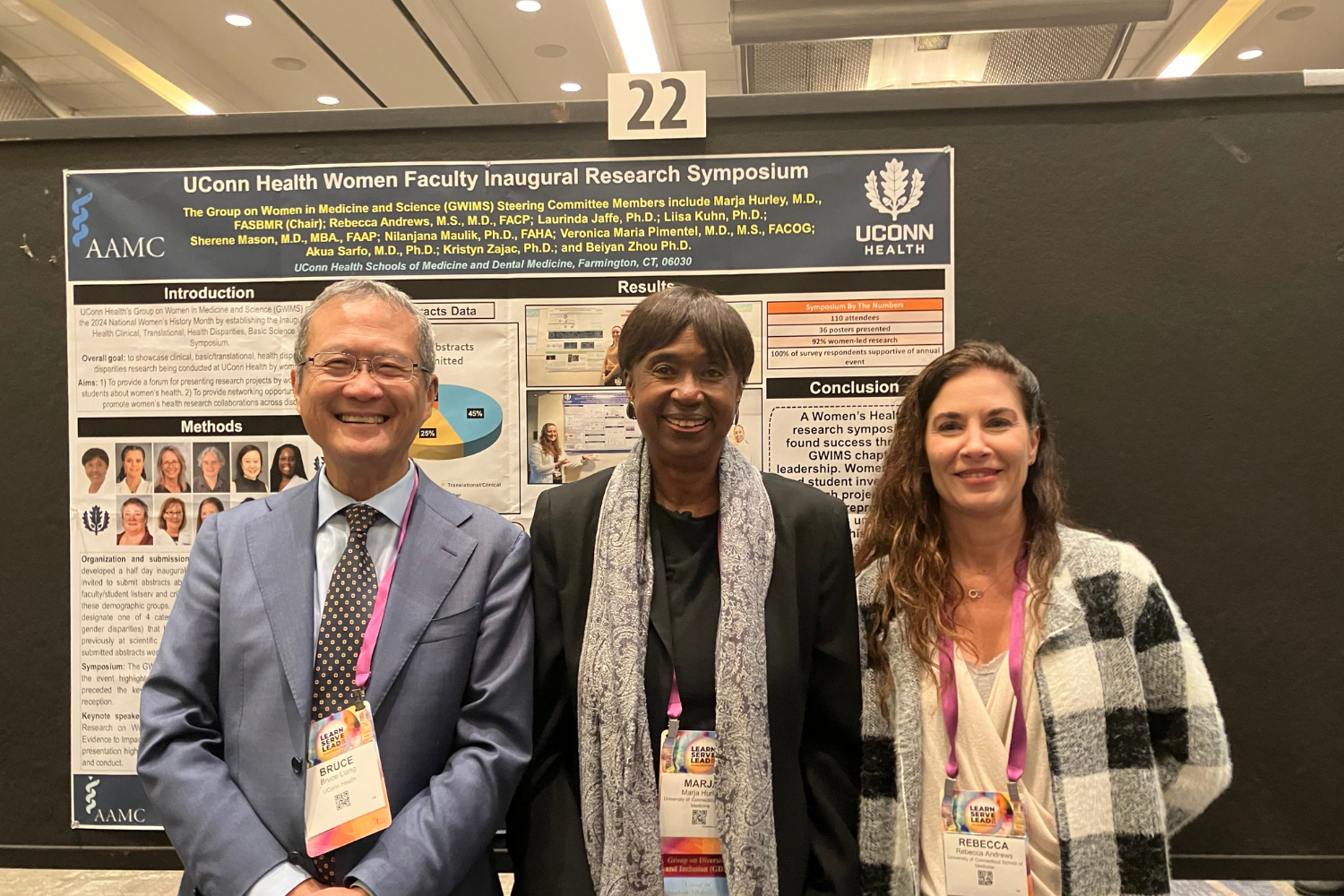Clean air, water, and soil should be viewed as environmental human rights of present and future generations, according to political science professor Richard Hiskes.
Hiskes, a political theorist, makes this argument in a new book, The Human Right to a Green Future: Environmental Rights and Intergenerational Justice (Cambridge University Press).

The book offers a new set of concepts and a new language that melds politics and environmental protection together in an effort to preserve a legacy of clean air, water, and soil.
Hiskes says it presents a new theoretical foundation for human rights as the product of human relationships, and offers an argument for what philosophers call “justice across generations.”
“Justice across generations has always been called a logical impossibility,” he says, “because justice is about reciprocity, and how can you have reciprocity with people who don’t exist?
“It’s an involved argument, but I say that environmental human rights, by their nature, are forward looking; they involve protecting the future,” Hiskes says. “And if human rights are about relationships, and we view those rights as the rights of people we care about, then we should protect the environmental rights of our own future generations.”
Hiskes says countries around the world should amend their constitutions to add an environmental human right that would have legal standing in court.
“I argue for incorporating into the U.S. Constitution and all other constitutions around the world a new right, an environmental human right, which would cover future generations,” he says. “It makes sense to do this, because constitutions are cultural and political artifacts that are multigenerational.”
But, he says, that idea is controversial, because human rights are supposed to be universal, not national.
“I’m saying it’s difficult for people to care about the human rights of anybody who is not close to them, whether it’s in another country or somewhere else in time,” Hiskes says. “It’s hard to care about the environmental human rights of people who aren’t alive yet, who are going to be living on the other side of the globe. But we need to find a new avenue for caring that allows us to think about such a global issue as the health of the environment in a close-to-home kind of way.”
Environmental human rights, and all human rights, depend on countries around the world reaching consensus about what human rights mean, Hiskes says.
“At the moment, that’s not happening,” he says. “Cultures are very diverse, but what every culture has, that it shares with every other culture, is a vivid sense of its own future generations. If you could build, in every society, a sentiment to protect the environmental rights of its own future generations, not only would that go a long way to protect the global environment, but it would be a foundation on which to build a global consensus on human rights.”
According to Hiskes, who is editor of the Journal of Human Rights and associate director of the Human Rights Institute, environmentalism, for the most part, has failed.
“Thousands of species are disappearing annually, the air isn’t getting better globally, and being good stewards or moral people isn’t enough,” he says. “We need a language, a set of concepts that are going to stand up in court.”


